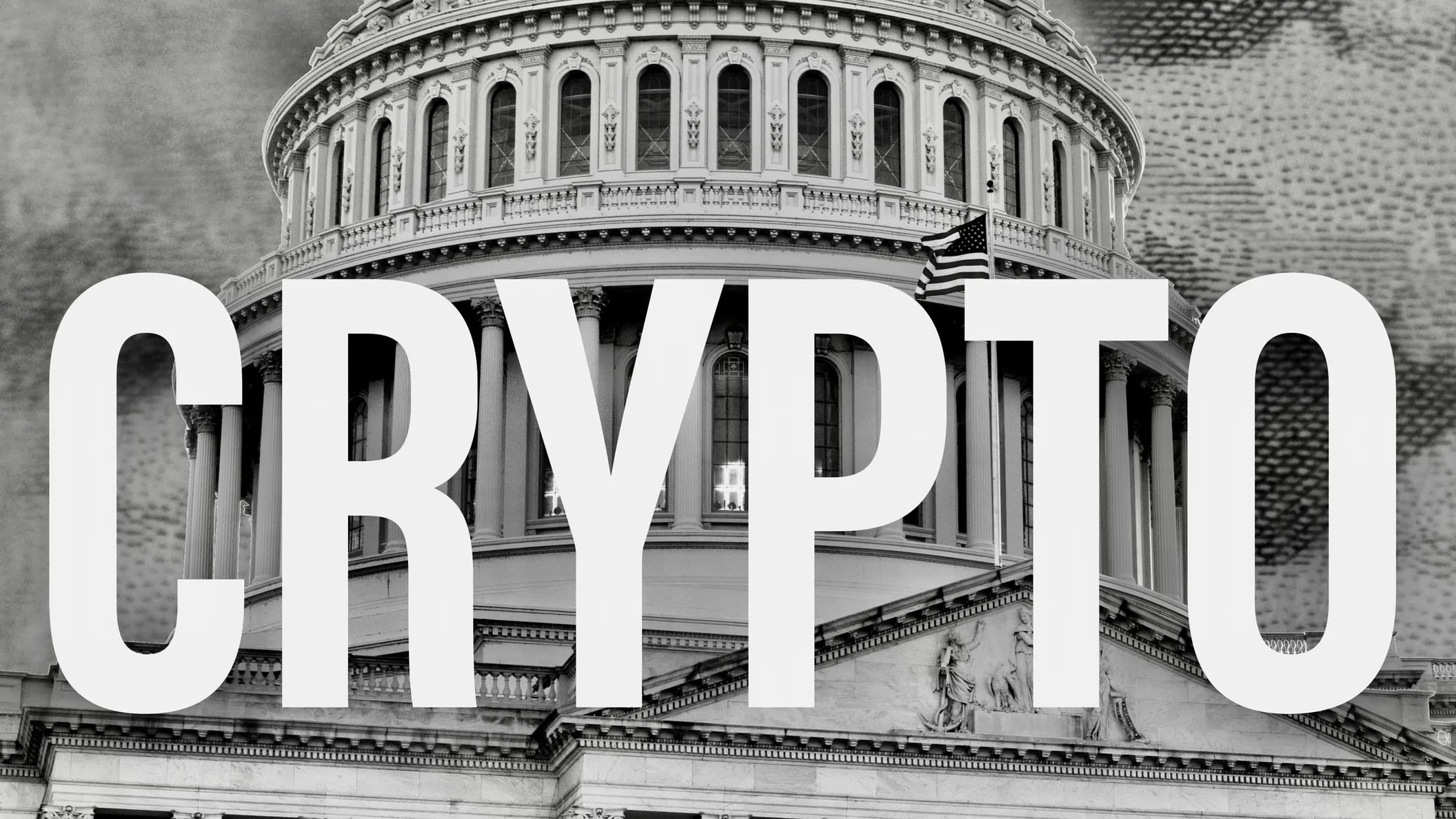
Global markets are in a state of flux as traders keep a close eye on the U.S. elections. A critical question for the crypto sector is if the election outcomes will influence major financial players to either reduce or escalate their investments in this technology.
Experts consulted by CoinDesk generally agree that, regardless of the election results, traditional finance (TradFi) is unlikely to withdraw from the crypto space in the near future.
Crypto traders speculate that a Trump victory might be favorable for digital currencies in the short run, while a win for Vice President Kamala Harris could have the opposite effect. However, larger financial institutions seem focused on the long-term growth of crypto adoption, treating the election as a brief trigger rather than a decisive factor.
“The adoption of digital assets at the institutional level will proceed globally, no matter the election result,” says Phillip Shoemaker from Identity.com.
In the lead-up to the elections, several positive developments in the financial sectors have been reported. For instance, Swift is working with UBS and Chainlink on a pilot project that will facilitate digital asset transactions across a vast network of financial institutions. Similarly, Citigroup and Fidelity International have created a proof-of-concept for on-chain digital asset trading.
With these advancements, some experts express confidence that major institutions wouldn’t be moving forward with such initiatives if they believed the upcoming elections posed a significant threat.
However, the unfolding events might affect the timing of broader crypto adoption rather than halt it altogether. As Phillip Shoemaker suggests, a Trump administration might accelerate the introduction of new exchange-traded funds (ETFs) and bolster the usage of stablecoins, while a Harris victory might lead to a more gradual institutional adoption due to lingering regulatory uncertainties.
“If pro-crypto candidates win, we could see increased institutional buy-in, including interest from organizations like the IMF and World Bank,” notes Markus Levin of XYO Network.
Conversely, a win for Harris could slow adoption rates due to a more stringent regulatory approach, contradicting her party’s gradual embrace of digital currencies.
“There’s a significant chance that under a Harris administration, altcoins may be scrutinized heavily, which could affect institutional interest in these assets,” warns Shoemaker.
The sentiment expressed is that while the election may have immediate ramifications, the broader narrative remains one of continued growth and interest from traditional financial sectors in the crypto industry.



